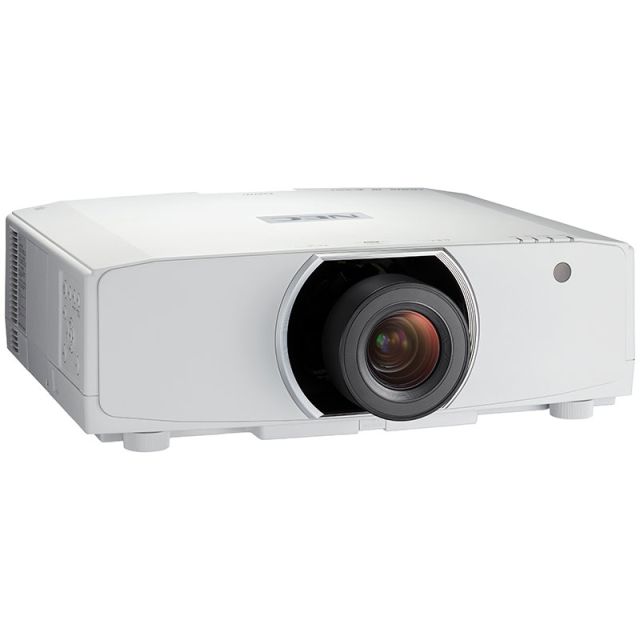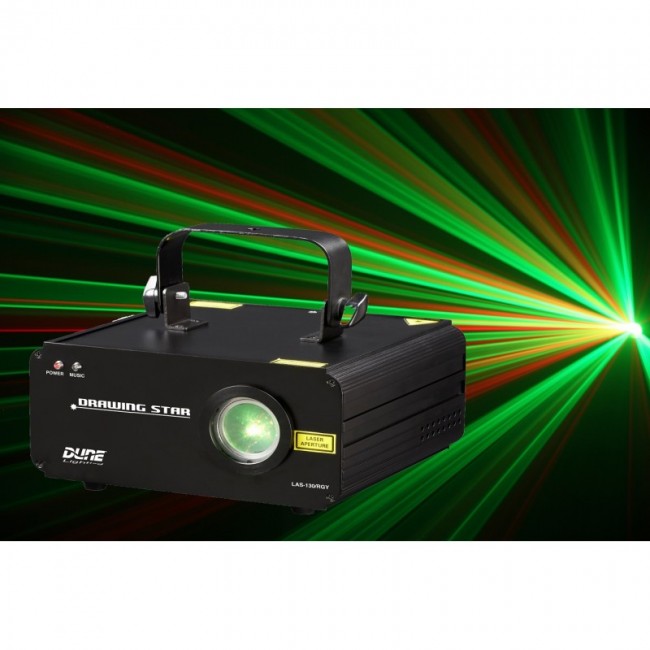We use cookies to make your experience better. To comply with the new e-Privacy directive, we need to ask for your consent to set the cookies. Learn more.
Tips for Selecting the Perfect Projector for Your Presentation

Practical information and idea communication require presentations. The impact of any presentation may be significantly increased by using a high-quality projector, whether it is for a business pitch, school lecture, or community gathering. However, choosing the ideal projector might be challenging, given the abundance of models on the market. Here are some helpful hints to guide your search for the ideal projector for your presentation requirements.
1. Determine Your Purpose
Understanding why you need a projector is the first step towards picking one. Are you utilising it for home entertainment, learning, business presentations, or something else? Having a clear understanding of your needs will help you filter down the available projectors.
2. Consider Brightness and Room Lighting
Brightness is a crucial factor in projector selection. Take into account the illumination in the space where you'll be operating the projector. A higher brightness rating is necessary in well-lit spaces to provide a readily apparent image.
3. Resolution Matters
The projected image's quality and clarity are determined by resolution.Higher-resolution projectors provide sharper images and are ideal for detailed presentations, videos, and graphics. Common resolutions include XGA, WXGA, 1080p, and 4K.
4. Think about Portability
If you need a projector that you can easily carry around for meetings or presentations in different locations, opt for a portable and lightweight projector. Consider the projector's size and weight for convenience and ease of transportation.
5. Check Connectivity Options
Make a projector that has the connectivity capabilities required for linking to your gadgets, including computers, cellphones, tablets, and DVD players. Consider looking for characteristics like wireless networking, HDMI, VGA, USB, and these.
6. Lamp Life and Maintenance
Consider the projector's lamp life and maintenance requirements. Lower maintenance expenses and fewer replacements result from longer bulb life. Some projectors also have eco-mode settings to extend lamp life and reduce power consumption.
7. Aspect Ratio
For your presentations, get a projector with the right aspect ratio. The conventional aspect ratio is 4:3, whereas widescreen is 16:9. Ensure it matches the content you'll be presenting.
8. Sound Quality
Good sound quality is important for an immersive presentation experience.Check if the projector has built-in speakers or if you'll need external audio devices for better sound output.
9. Test Before Buying
Test the projector with the content whenever feasible before buying. As a result, you may evaluate the quality of the picture, brightness, and general performance in accordance with your unique requirements.
10. Read Reviews and Seek Recommendations
Before finalising your decision, read reviews from reliable sources and seek recommendations from colleagues, friends, or professionals who have experience with projectors. Real-world experiences can give important insights regarding the performance and dependability of the projector.
11. Budget Considerations
Set a realistic budget for your projector purchase. According to features, brand, and specs, projector costs change. Establish your spending limit and search for choices that fall within it. To obtain the most return on your purchase, keep in mind to balance features, quality, and your budget.
12. Customer Support and Warranty
Ask the manufacturer or store about the warranty and customer assistance offered before committing to the purchase. A strong warranty guarantees that you are shielded from any potential flaws or malfunctions. Furthermore, dependable customer service may be really helpful if you ever need help with your projector or run into any problems.
Conclusion
Selecting from Wwave the perfect projector for your presentation involves understanding your needs, considering technical specifications, testing the device, and reviewing your experiences. It also entails budgeting appropriately and ensuring you have the necessary support after your purchase. A thoughtful and well-informed choice will contribute to an impactful and successful presentation.

